During COVID, we observed increasing mental health problems among our students at GPCM Windesheim University of Applied Sciences in the Netherlands. Lacking the capacity to support all students individually, we initiated an action research project in 2021 to embed resilience-building into our program. Students expressed a desire to co-create education on this topic, resulting in a collaborative effort among students, lecturers, and student counselors. This led to the creation of Resiliency Labs. The Resiliency Labs focuses on the idea that resilience is not only cultivated individually but also through a sense of belonging in a learning community. The Resiliency Labs offers different activities and workshops are areas of experiential learning and community building, such as fine arts, music, dance, life skills but also sports like kickboxing or mental and health resiliency experiences such is cold-water exposure. Our bachelor programme is an active partner of the global Inner Development Goals initiative (IDGs). Through the Resiliency Labs, our students, faculty members and professionals co-create each semester a space to further develop the IDGs. Students can choose from four to six of these workshops and activities every year. The Lab's experiences are formally integrated into their curriculum and include mixed groups of first- and second-year students. They receive 5 ECs for their participation in the Resiliency Labs and other learning activities inside of the personal development learning line (Me Learning Unit). The integration in the curriculum and the collaboration with different actors to build a resilient community makes this concept unique in European HEIs.

4th PLACE
Student-led Impact Initiative of the Year Award
Resiliency Labs
4th PLACE Student-led Impact Initiative of the Year Award
Peoples' Choice Category Winner
Windesheim - The Netherlands
"It takes a community to foster Resiliency"
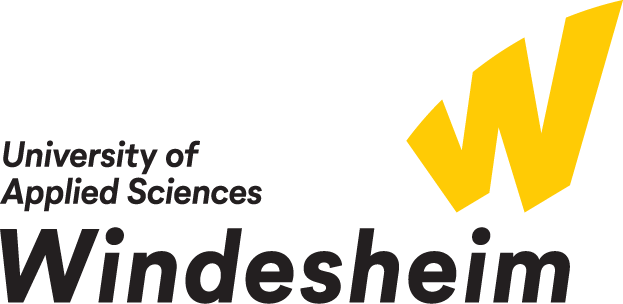
Engage on social media
(Official GPCM account)
(Official GPCM account)
Summary
Key People

Lineke Stobbe
Director
Global Project and Change Management BBA,
Windesheim, University of Applied Sciences

Marita Coppes
Researcher, initiator, co-founder
Global Project and Change Management,
Windesheim, University of Applied Sciences
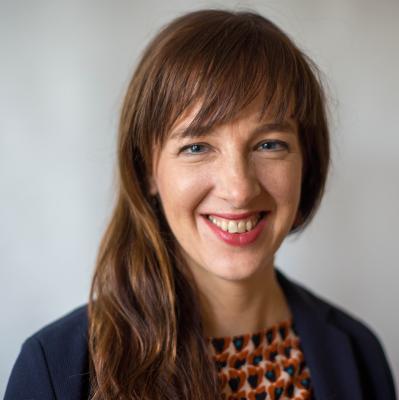
Maike Verhagen
Team-coordinator, co-founder
Global Project and Changemanagement,
Windesheim, University of Applied Sciences
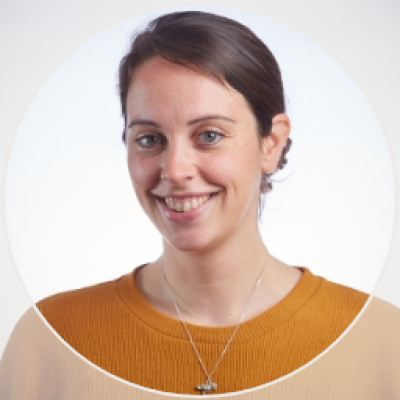
Catriona McConnell
Studentcounselor, co-founder
Global Project and Change Management,
Windesheim, University of Applied Sciences
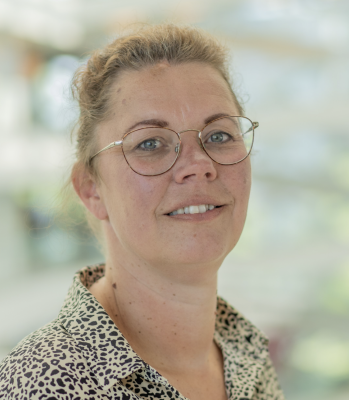
Natalie van Ommen
Studentcounselor, co-founder
Windesheim, University of Applied Sciences,
Global Project and Change Management
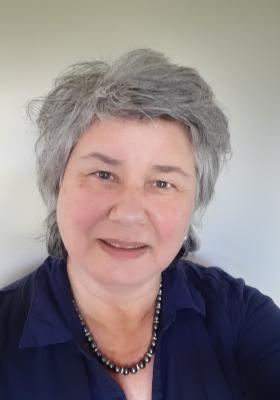
Gerry Aerts
Lecturer, co-founder
Global Project and Change Management,
Windesheim, University of Applied Sciences

Guadelupe Perez Jimenez
Student, co-founder
Global Project and Change Management,
Windesheim, University of Applied Sciences

Manolie Bockhofer
Student, co-fouder
Global Project and Change Management,
Windesheim, University of Applied Sciences
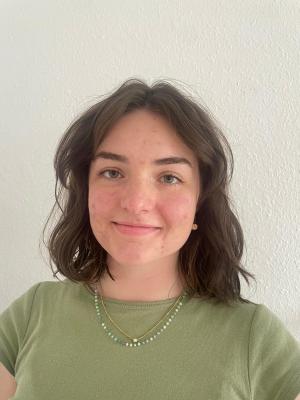
Hannah Penke
Student, co-founder
Global Project and Change Management,
Windesheim, University of Applied Sciences
Acknowledgements
The Resiliency Labs would not have been possible without our students: the pioneer students who helped shape the Resiliency Labs and assisted in designing and adjusting the curriculum, the students in our self-managing team, and the students who participated in and evaluated the Resiliency Labs. We also owe a great deal to the trust of our manager Lineke Stobbe, the encouragement and thoughtful contributions of Maria Garcia Alvarez, the support from Windesheim, and our inspiring Me-team. Last bus not least our professional networks who are a fundamental pilar of our community.
Images
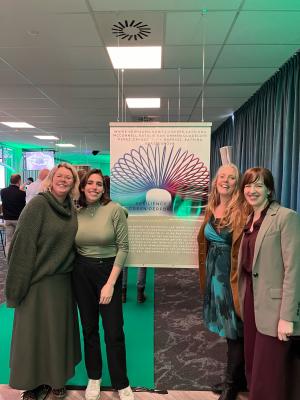
Our University recognised us as Green Ambassadors
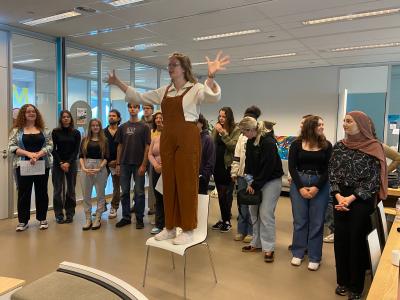
One of the music experiences in the Resiliency Labs

Cold exposure, one of the Resiliency Labs
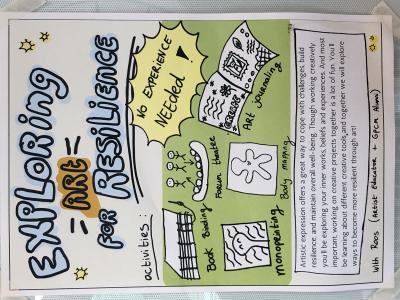
Art experience, one of the Resiliency Labs
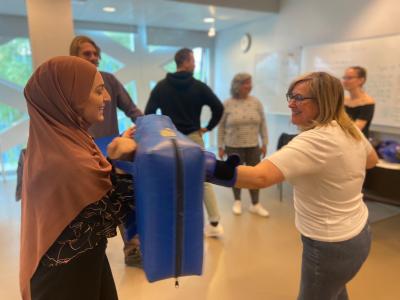
Lectures and students during the kickboxing Resiliency Lab
IMPACT STORY
Impacting lifes
Since the first pilot and further integration in the curriculum, the Resiliency Labs have not only contributed to building up our community, but also have had a considerably impact in the individual lives and mental health of our students. Our students have always expressed a desire to shape their education on mental well-being. This has led to a collaborative effort among students, lecturers, student counselors and our professional national and international networks. Students feel empowered and co-responsible designers of their learning path. As a result, students have designed and created a Reflection Journal to guide their peers through the Inner Development semester, where the Resiliency Labs take place.
We have multiple examples of individual impact. For example, some of our second-year students initially struggled with academic pressure, leading to stress and anxiety. Choosing the art-focused Resiliency Lab, they found a space on campus to explore their creativity and to address and heal some of these struggles. In these same art workshops conversations arose about the paralyzing nature of perfectionism, and by creating ‘imperfect art’ students experienced letting go of the need for it to be perfect. These real and vulnerable conversations also allowed for new bonds of friendship to form between students from different year levels who did not know each other yet. In the words of one of these students: “The Resiliency Labs have taught me that I am more than just a performing student. I have learned to value my well-being and community support.”
LEARNINGS
Lessons learned
Key learnings:
1. Community building: Resilience thrives in a supportive community. The Resiliency Labs offer an experience beyond cognition, but also allow for building new bonds of friendship as students from different year groups are mixed.
2. Collaborative creation: Involving students, lecturers, and counselors ensures the program meets real needs. Alumni are also engaged to facilitate Resiliency Labs in their area of skills, e.g. fine arts, regenerative agriculture, etc.
3. Student agency: Empowering students to lead initiatives fosters ownership and responsiveness.
4. Non-cognitive learning: Activities like art, music, dance, and life skills promote the growth and development of the whole person.
5. Iterative improvement: Regular feedback and adaptation are crucial for success.
6. Curriculum integration: Embedding resilience activities in the curriculum ensures consistent engagement and it augments the impact of the Resiliency Labs, as they are connected to the Inner Development Learning Pathway that spans the entire semester.
7. Support networks: Building informal networks reduces the need for individual counseling and strengthens community bonds of mutual support.
Advice for Implementation:
1. Foster community: Create an environment where students feel empowered and sense of belonging.
2. Engage stakeholders: Involve students, alumni, faculty and networks in designing the program.
3. Promote leadership: Encourage student-led initiatives to foster engagement.
4. Include diverse activities: Offer a range of activities that promote holistic development.
5. Embed in curriculum: Integrate the program into the formal curriculum for sustained impact.
6. Iterate and adapt: Continuously collect feedback and adapt the program.
7. Build support networks: Encourage informal support networks to enhance community bonds beyond university.
FUTURE PLANS
What's coming?
Future Plans:
1. Monitoring with most significant change method: Implementing this qualitative research method to collect detailed stories from participants, providing deeper insights into the impact of the Resiliency Labs and areas for improvement.
2. Publications: Publishing findings and best practices from the Resiliency Labs in academic journals and conference proceedings to share knowledge and influence wider educational practices.
3. Toolbox development: Creating toolboxes in collaboration with sustainable institutions to provide resources and guidelines for other organizations looking to implement similar resilience-building programs.
4. Resiliency Labs for staff: Expanding the program to include staff, offering them the same resilience-building opportunities as students, fostering a supportive environment for the entire academic community.
5. Continuous improvement: Maintaining the iterative nature of the program, with regular feedback from participants to continuously adapt and enhance the Labs.
6. Expanding reach: Increasing the number of workshops and activities, involving more third-year students, alumni, and former teachers as leaders to enrich the program.
7. Strengthening community bonds: Encouraging the development of informal support networks among students and staff to reduce reliance on individual counseling and foster a stronger sense of community.
By focusing on these future plans, the Resiliency Labs at Windesheim will continue to support well-being, foster a resilient community, and serve as a model for integrating resilience-building into educational frameworks.

